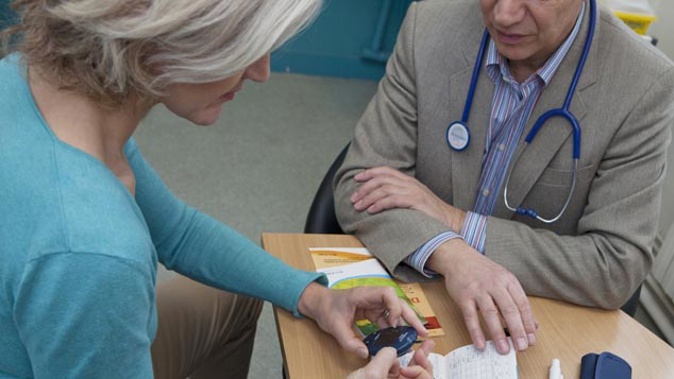
A dramatic shake-up in the way patients visit their GP could spell the end of long waits and short consultations, as well as wasted healthcare.
And the new way of delivering GP visits has the potential to reduce hospital care by hundreds of millions of dollars each year, a new report shows.
The Health Care Home model, in 128 general practices across the country, is helping keep urgent care needs out of crowded hospital emergency departments.
Initially controversial, the model allows patients to speak by phone first to their doctor, on appropriate care - from advice, prescriptions, same-day appointments, specialist referrals and lab tests - all before the patient leaves their home.
GPs are being freed up to deal with complex and chronic cases as well as creating longer appointment slots and time for paperwork to keep doctors from burning out.
One GP, who has written an open letter to hundreds of his colleagues, said his practice would "never go back".
According to an evaluation of the model by EY (Ernst and Young), patients in practices operating Health Care Home [HCH], have significantly increased access to a GP and better long-term health plans.
The analysis found:
• 14 per cent less patients presented at ED, including 24 per cent less Maori and 32 per cent less pensioners.
• 62 per cent of same-day appointment requests managed without need for a GP visit that day.
Take your Radio, Podcasts and Music with you









